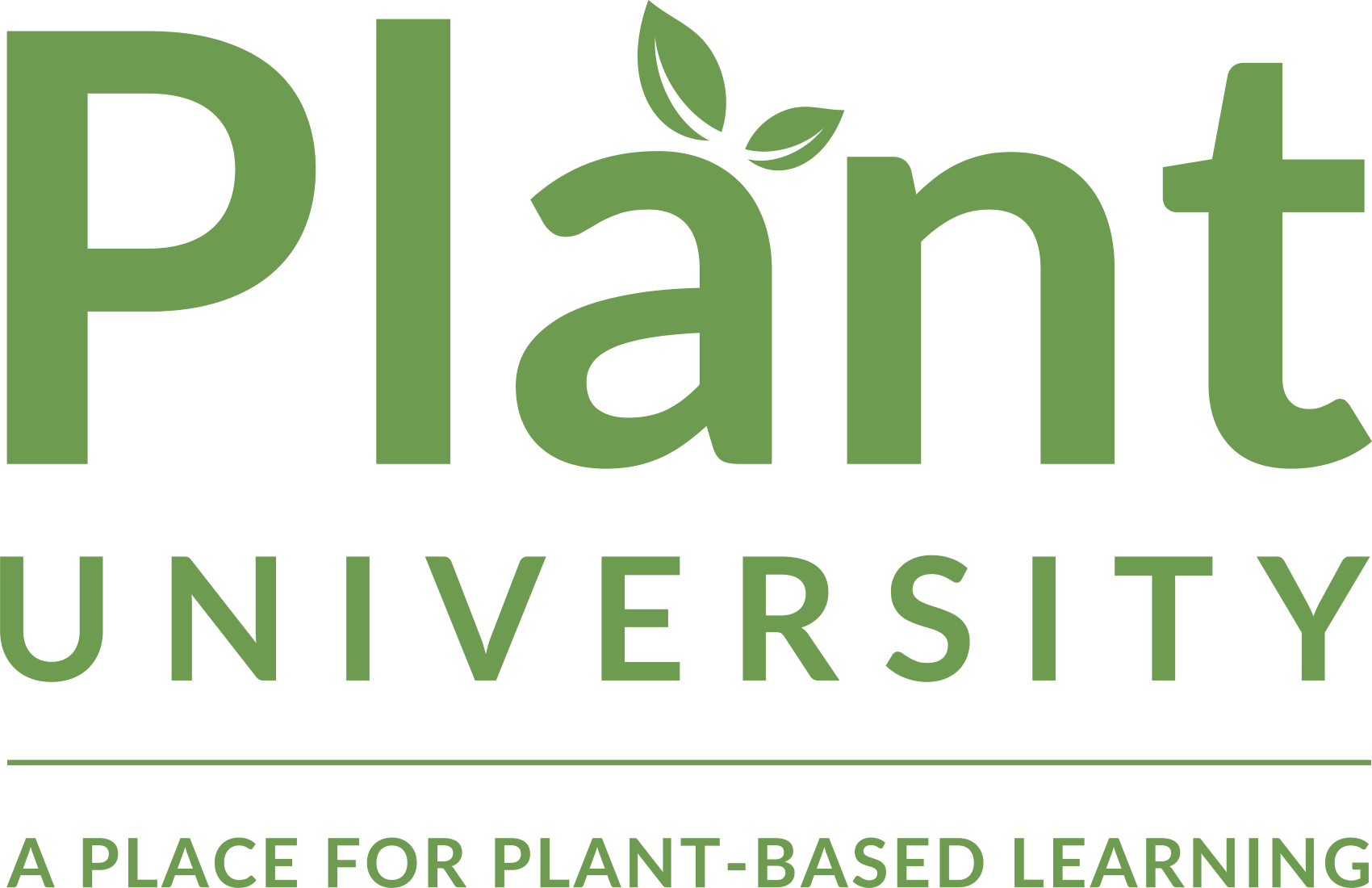More cafes increasing plant-based milk options

As the demand for plant-based foods is increasing, more cafes are responding by shifting menus.
Why are cafes shifting toward plant-based options?
A global collective of 11,000 scientists recently declared a climate emergency and pointed to six critical steps to addressing the situation. Included in the six recommendations was the assertion that “eating mostly plant-based foods while reducing the global consumption of animal products, especially ruminant livestock, can improve human health and significantly lower greenhouse gas emissions.”
Institutions that offer food service can help make it easier for consumers to access plant-based options by prioritizing those items on daily menus. One useful and effective strategy includes making the default menu option plant-based, effectively making the climate-friendly, healthy and humane option the easiest choice for consumers, while still allowing the consumer the ability to modify the default option if they so choose.
Chain cafes are shifting their menus
By 2030, Starbucks is aiming for a 50 percent reduction in its carbon emissions, water withdrawal and waste sent to landfills. “Alternative milks will be a big part of the solution,” said Starbucks CEO, Kevin Johnson. “The consumer-demand curve is already shifting.”
Johnson says the company will encourage consumers to choose plant-based milk made from coconuts, almond, soy or oats, which all have a smaller environmental footprint than dairy products. In North America, 15 to 20 percent of Starbucks customers already opt for plant-based milk options.
However, the company has not yet moved to remove the additional $0.80 charge from its plant-based milk options in North America. This is a necessary next step to truly encourage a more sustainable, environmentally-friendly and animal-friendly shift.
The company’s announcement comes after an environmental assessment determined that dairy products are the largest source of carbon dioxide emissions across its operations and supply chain.
The move to prioritize plant-based milk is part of Starbucks’ updated sustainability plan, which includes a pledge to “expanding plant-based options, migrating toward a more environmentally friendly menu.” The company is currently exploring new plant-based beverages and breakfast menu items.
The coffee giant’s expanded sustainability plan and focus on plant-based foods reflects the growing need to address our food system’s contribution to climate change, the global biodiversity crisis and the high demand for meat that drives factory farming.
Tim Hortons is also recognizing the importance of offering more plant-based milk options.
As a response, Tim Hortons introduced almond milk at locations across Canada in 2020, oat milk in 2021 and soy milk at select locations. According to Tim Hortons, research shows that customers who request plant-based milks prefer almond over any other types.
Independent cafes are leading the way

Many smaller cafes are joining or leading this plant-based movement. One in particular is Kind Café, located on Main Street in Vancouver. This locally owned, 100% plant-based and zero-waste cafe offers a number of plant-based milk options, including a variety of nut milks.
This is an excellent example of a cafe that offers plant-based milk as their default option.
Looking to find more plant-based cafes? Visit PlantUniversity’s Animal-free shopping & eating guide!
Interested in learning more tips for expanding plant-based menu options at your school, workplace, business or in your community? Get in touch with us!
